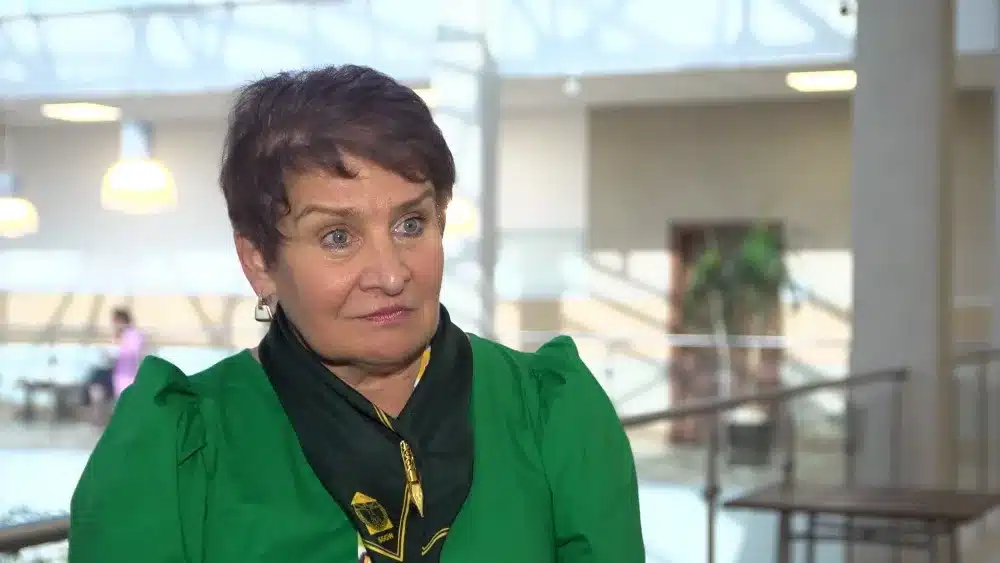The recent years have seen major development in academic programs related to human nutrition and dietetics. The demand for experts in these fields is growing mainly due to the increased public awareness of the impact of diet on health and life. Poles still mostly trust advice on nutrition from doctors and dietitian. New staff are also needed in the food industry and educational institutions, for example for health education, a new mandatory subject in schools and in the development of specialised nutrition.
“The science of human nutrition, as understood our faculty’s founder in 1977, is the study of the relationship between food and the human body at various levels: on the cellular level, tissue, the whole organism, and finally on the population level. This field is becoming increasingly interesting, both for people choosing their course of study and due to the interest of the state economy. This is because nutrition, which is directly related to health, determines expenditure on health prevention but also treatment for non-infectious diseases which result from a poor diet,” says Prof. Krystyna Gutkowska, director of the Institute of Human Nutrition Sciences.
According to the Inquiry ‘Healthy eating according to Poles 2024’ survey, it is an important issue for 80% of respondents. They are primarily motivated towards a healthier diet by the desire to maintain their health. When asked what a healthy diet means to them, respondents listed eating plenty of fruits and vegetables, avoiding processed food and ‘chemicals’, drinking plenty of fluids and limiting sugar intake. These activities were also the ones they most frequently reported practising.
However, two out of five Poles find it difficult to maintain a healthy and varied diet. The most common sources of information and advice, are health-related websites (29%), family and friends (20%), and doctors and dietitians (19%). Search engines and YouTube channels each accounted for 19% of responses. However, Poles trust dieticians and doctors the most for advice on healthy eating (28%). Their authority has slightly decreased compared to 2020 (35%) but is still much higher, for example popular figures dealing with this subject.
“The demand for experts in the field of nutrition is very high. It is not without reason that various diet counselling centres are very popular and used by many people. Perhaps eventually we will reach a point, especially due to the increasing talk of specialised dietetics or specialised nutrition, that each individual, due to the specific characteristics of their organism, including the microbiota, will need individual advice from a dietitian or nutritionist on how to eat to maintain good health for as long as possible,” emphasizes Prof. Gutkowska.
The SGGW was the first university in Poland to launch a course related to human nutrition (and rural household) in 1977, recognizing that nutrition education is very much needed, especially in rural areas.
Health education will appear in primary and secondary schools as a mandatory subject in the next academic year.
The Innovative Center for Nutritional Sciences SGGW is a project funded by the Ministry of Science and Higher Education. The goal of the project is to make this place a center for training specialized staff, both for the needs of food producers and educational units such as schools, kindergartens, food distributors, as well as working on highly specialized methods of producing innovative food products with the appropriate nutrition profile.
